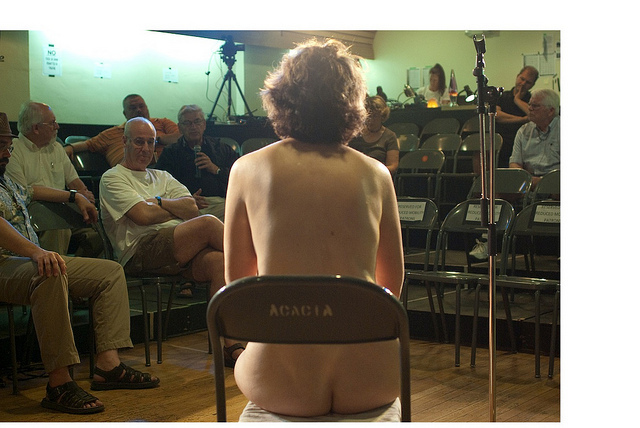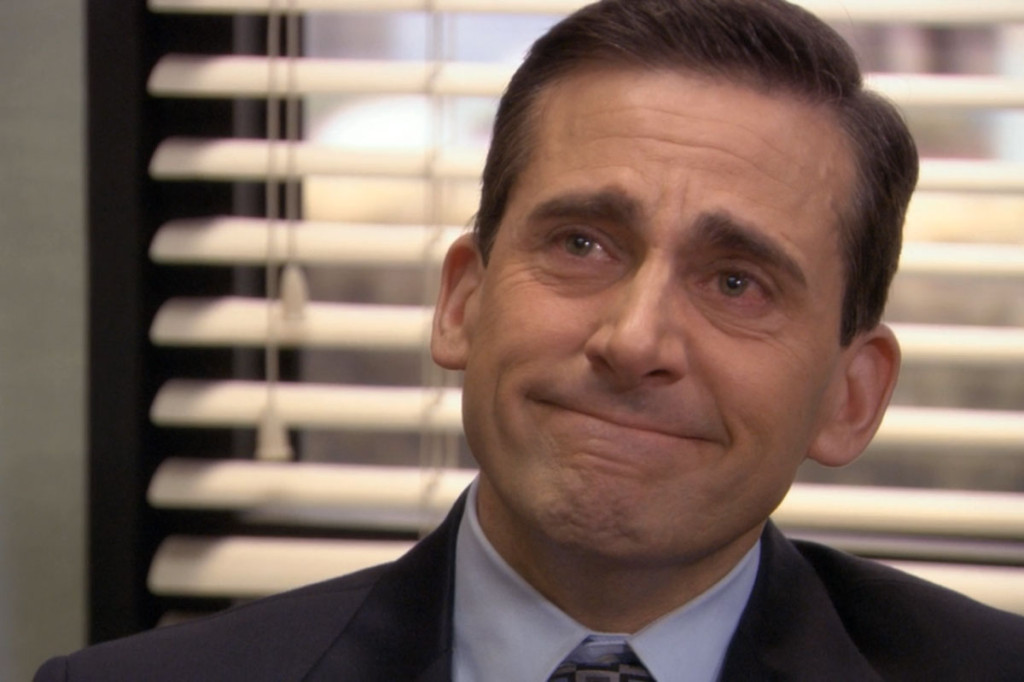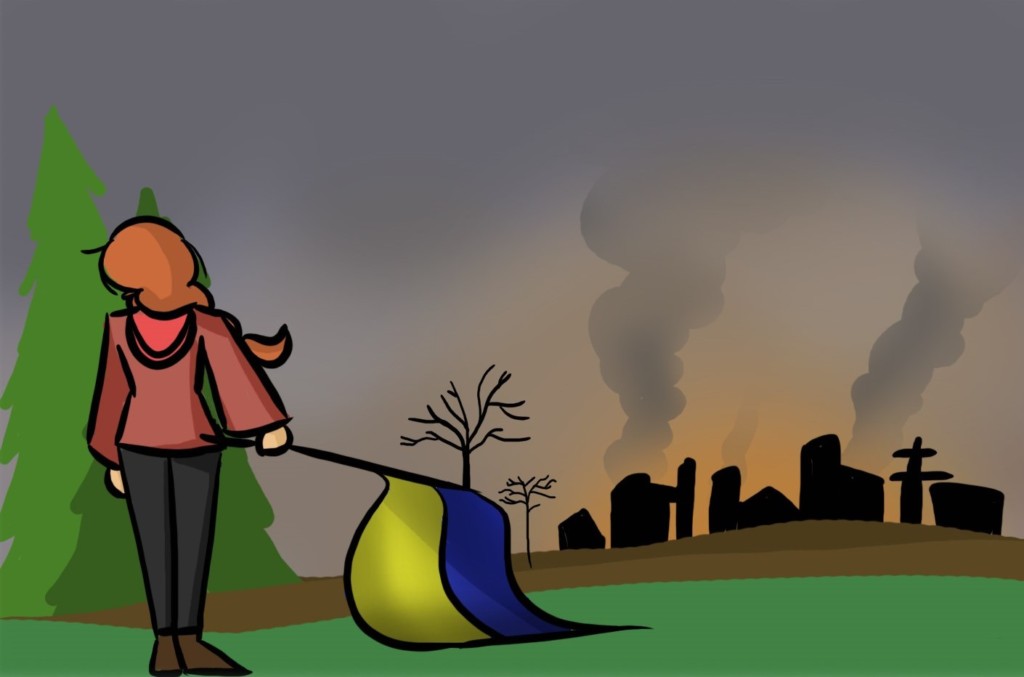“A person is, among all else, a material thing, easily torn and not easily mended.” –Ian McEwan
While most of you know me to be a playful, pun-filled roller coaster of a writer, I’d like to set aside my sarcasm and quips for a moment and talk to you about something I feel is an important issue: the role of vulnerability in our society.
Behind my need to vocalize concern is my recent visit to the Vancouver Fringe Festival where I had the opportunity to see the Human Body Project. For those of you unfamiliar with the Project, it was started by Tasha Diamant eight years ago as “a vehicle for change.” As a mother of two, Diamant saw the trajectory the world is on and decided that unless there’s a shift away from selfishness towards compassion, the future doesn’t look so bright. Diamant begins each Project session naked and spends the next hour leading the audience in an unscripted forum. Part performance art, part improvised group discussion, the idea of vulnerability takes centre stage as Diamant does her best to provide people with an environment where raw emotions can run rampant.
While my first encounter with the Human Body Project came two years ago in Victoria, my second experience was still positively jarring. Like finding a love note in your lunch box from your mom, the Project serves as a reminder to me: a reminder of how vulnerable we really are. Near the end of the Fringe session, a man who’d been silent the whole time raised his hand. He started with how he didn’t want to seem confrontational, but he saw Diamant’s nudity as her way of holding power over the audience, despite her claims that she was projecting vulnerability. He compared the experience to whenever he played team sports and how embarrassed he felt whenever he let his teammates down—which somehow led to him revealing that yesterday had marked the one-year anniversary of his wife’s death.
The man went from confrontational to crying in under two minutes.
It was impossible not to sympathize with him, though he was a complete stranger to most of us. His seemingly sudden breakage sent my consciousness rippling back to that time in Victoria, where I found myself unexplainably crying from hearing the stories of other people’s pain. It’s an impossible feeling to describe, but that’s the Human Body Project for you.
What I’m trying to say here is that there needs to be a shift from what vulnerability means in our society. At what point did the words “vulnerable” and “weak” become synonymous, when they in fact mean the opposite? We’re all vulnerable in our own ways, but there’s no hierarchy to their significance.
While not directly, many of the articles you’ll find in the issue you’re holding deal with the varying manifestations of vulnerability and how people manage them. The mass exodus of students’ unions from the Canadian Federation of Students comes as a result of feeling like students don’t have a voice in the organization; Sophie Isbister looks at the comparisons between being an introvert and extrovert and how they’ve become a dichotomy instead of symbiotic; and Angela Espinoza tackles the FROSH rape incident that recently shook UBC. Each story takes a look at vulnerability, but they’re also examples of empowerment and about taking back that sense of security.
On a related note, this issue also marks the end of Espinoza’s tenure as Arts Editor for the Other Press. I’ve had the honour of working with Espinoza for the past three years and though we’ll undoubtedly stay in touch via our weekend antics, I admit that I already miss her name from the masthead. Shine on, you crazy Espinoza. Shine on.
So it goes,
Jacey Gibb
Editor-in-chief


